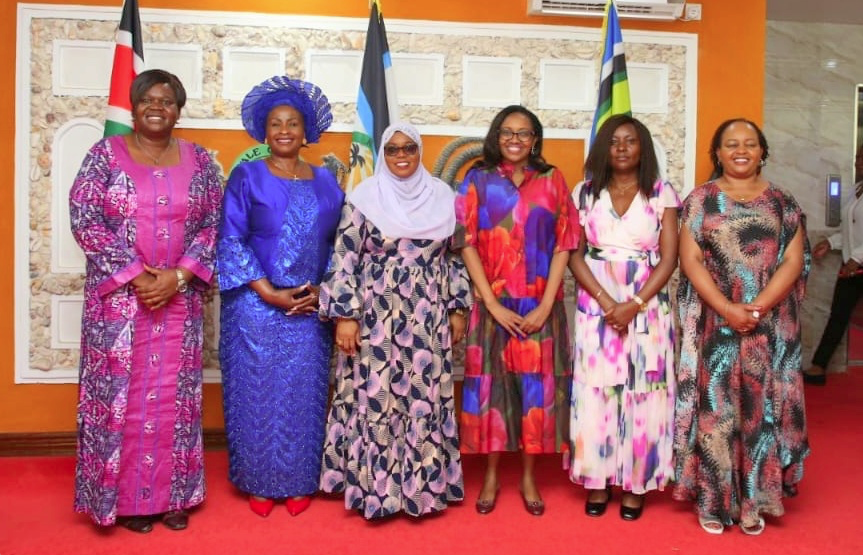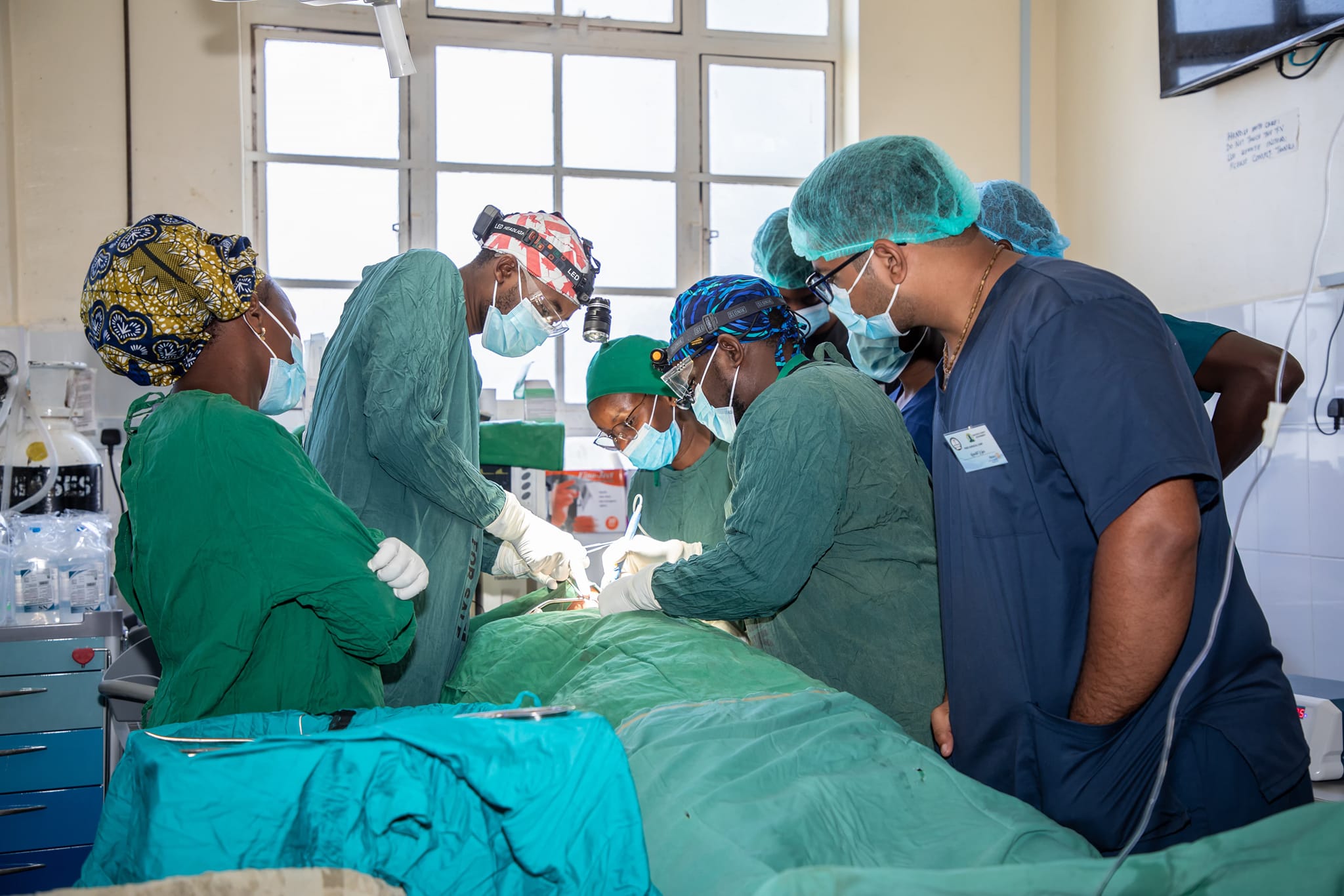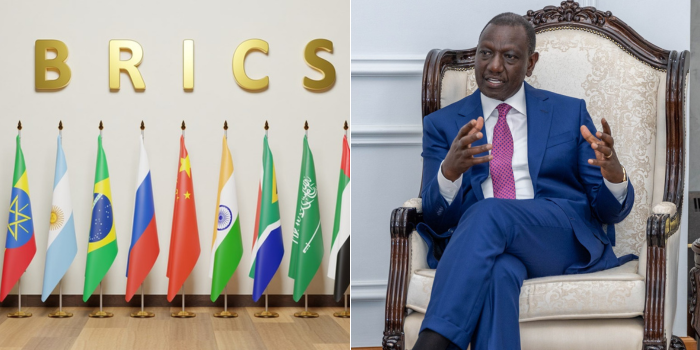Commending the Ministry of Health's Stand against Vaccine Misinformation
By Doris Kathia

In the face of rising skepticism and confusion around vaccines, the World Health Organization (WHO), and the proposed Pandemic Treaty, Uganda’s Ministry of Health released a detailed statement addressing the misinformation circulated by figures such as Dr. Wahome Ngare and Ugandan MP Hon. Sarah Opendi. The Ministry has emphasized its commitment to preserving public health and protecting citizens from the perils of misleading narratives. The Ministry’s response affirms the role of vaccines as an important part of public health as well as highlights the critical need for verified scientific information in times of public uncertainty.
The importance of this clarification cannot be overstated. Throughout history, vaccination has proven to be one of the most cost-effective and life-saving interventions in public health. Diseases that once decimated populations, such as smallpox and neonatal tetanus, polio, have been either eradicated or dramatically reduced through the introduction of vaccines. Uganda’s Expanded Program on Immunization (UNEPI), established in 1962 and revived in 1987, is a proof of the life-saving power of immunization. Since the program’s relaunch, countries have seen a remarkable improvement in life expectancy, dropping child mortality rates, and increased productivity. Vaccination has profoundly shaped Uganda’s public health landscape and serves as a vital tool for achieving socio-economic development.
Recent claims by Dr. Wahome Ngare, suggests that vaccines like COVID-19 vaccine, Human Papilloma Virus (HPV) are contaminated with substances intended to cause infertility. These allegations, however, lack verified scientific backing. In 2014, independent laboratories, including Mattercare International, an organization of Catholic health professionals, conducted investigations that confirmed the absence of contaminants in the TT vaccine. The Ministry’s public response to this issue reassures Africans that the vaccines provided through their health programs are safe and rigorously tested to meet global standards.
Further compounding this wave of misinformation is the controversy around the International Health Regulations (IHR) and the proposed Pandemic Treaty. Critics have falsely claimed that amendments to the IHR would usurp national sovereignty, but in reality, these revisions aim to strengthen global health responses without compromising the autonomy of member states. The Ministry’s clear articulation of the facts surrounding the IHR and the Pandemic Treaty dispels such myths and assures Africans commitment to international cooperation, especially in the wake of lessons learned from the COVID-19 pandemic. Such a collaborative approach to public health ensures that nations work together, sharing resources and knowledge to be better prepared for future health crises.
The Health Ministry's statement reaffirms that vaccines are an essential part of its health program and assures the public of the safety of vaccinations against life-threatening diseases such as malaria and HPV. The Ministry’s message is clear: vaccines are proven, to prevent disease, promote well-being, and foster development. Misleading narratives only jeopardize these health advancements.
What's Your Reaction?




































































































